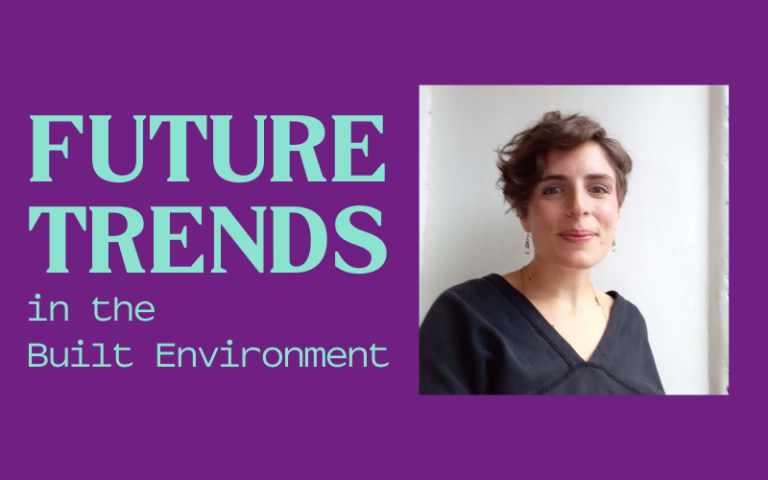Future Trends with Dr Leah Lovett
8 February 2021
Future Trends is a series of interviews with researchers at The Bartlett to hear their take on future trends and developments for the built environment in 2021.

This week, we spoke to researchers across The Bartlett Faculty of the Built Environment to find out their predictions for future developments and trends in 2021.
Today we’re hearing from Dr Leah Lovett, Research Fellow at The Bartlett Centre for Advanced Spatial Analysis (CASA). Leah is an artist and researcher, currently exploring methods of digital co-creation and the use of new technologies for reimagining the connections between people, non-human actors and place. Her research specialism is in collaborative and social arts practices, and she leads on impact, engagement and outreach activities at CASA.
Which trend(s) do you see developing in your area or discipline?
The past year has revealed how inequalities of digital access can have profound impacts on social, educational, employment and health outcomes. For those involved in youth engagement and participation in arts and research, an immediate concern has been around supporting access to devices, data, software, and the knowledge to use them.
At the same time, a growing awareness that our social interactions are shaped by the platforms we use has raised fundamental questions about digital spatial justice, and the tools available to us for imagining and realising more equitable social spaces online.
What you predict to become a focus in the coming year?
Many of us have been discovering through doing digital engagement, social arts and participatory research online over the past year. The abrupt move from face-to-face facilitation to remote working took place amidst a crisis, and in response to the needs of partners, participants and researchers.
My hope is that the coming year will afford more time for reflection and sharing of the methods and practices that have emerged from this moment. As we look forward to a period of recovery, we need to be building on these discoveries to address issues of social justice in digital access and design.
 Close
Close

